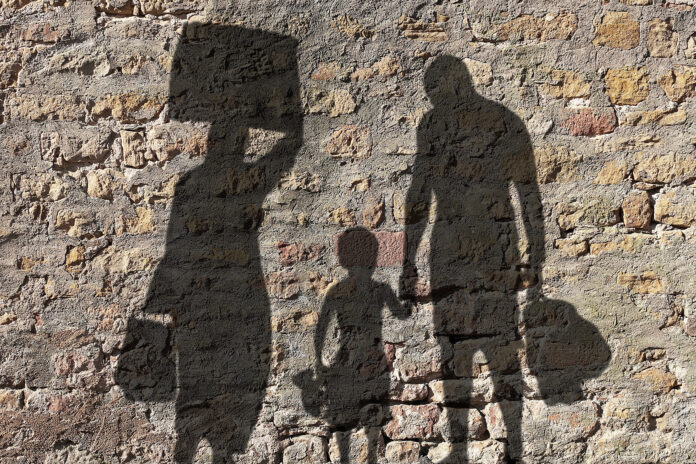
Despite signing a deal to close unofficial border crossings, Canada will still spend $1 billion on accommodation and healthcare for asylum seekers and refugees this year.
The National Post daily newspaper has reported the latest budget from Ottawa would see $1 billion spent in the next fiscal year, with $530 million for Immigration, Refugees and Citizenship Canada (IRCC) to provide short-term accommodations to asylum-seekers.
Another $469 million will be spent to provide temporary healthcare coverage to asylum-seekers and refugees not yet eligible for provincial or territorial health insurance.
According to the newspaper, IRCC revealed in early March it has provided the provinces and municipalities with $551.6 million since 2017 through its Interim Housing Assistance Program (IHAP) to “alleviate asylum-related housing pressures”.
The Canadian immigration department also reportedly spent another roughly $136 million between March 20, 2020 and Jan. 31, 2023 on “temporary accommodations” for migrants illegally crossing at Roxham Road.
“Even together, the totals average less than $150 million a year,” reports the National Post.
Read More Canada Immigration News
Another 3,150 Afghan Refugees Welcomed Towards Canada’s Goal Of Resettling 40,000
Canada Aims To Bring In Many More After Surpassing Goal Of 20,000 Afghan Refugees
Canada Pledges $26.9m, Vows To Welcome 4,000 More Refugees From The Americas
The boost in spending on accommodations and healthcare for asylum-seekers and refugees came only three days after Prime Minister Justin Trudeau and United States President Joe Biden signed the latest version of Safe Third Country Agreement (STCA), a move intended to plug a loophole that previously allowed migrants to cross illegally into Canada along its almost 8,900-km border with America.
The deal came after talks between Trudeau and the American president at the Summit of the Americas in Los Angeles in June last year. At that time, Canada agreed to accept 4,000 more migrants annually by 2028.
Under the latest STCA agreement struck between the two leaders, any migrants trying to cross illegally into Canada are to be returned to the United States. Once there, they can make a legal claim for asylum into Canada.
Canada’s Roxham Road Saw 39,000 Migrants Enter Last Year
The STCA, originally inked in 2004, only applied that policy to official border crossings, leaving migrants free to cross at unofficial border crossings, such as Roxham Road, and stay in Canada while awaiting hearings or decisions on their cases.
Last year, a reported 39,000 migrants crossed into Canada illegally at Roxham Road
With the new STCA, that flow of illegal migrants has apparently come to a stop.
But migrants’ rights groups are protesting the new agreement. NewsMaxWorld reports dozens of protesters gathered in front of Public Safety Minister Marco Mendicino, Canada’ previous immigration minister, to demand an end to the agreement after eight people died in an apparent attempt to cross the border illegally.
‘People Are Dying’
“People are continuing to die,” Syed Hussan, executive director of Migrant Workers Alliance, reportedly said.
“The denial of permanent residence status has become a death sentence in this country.”
That group organized the protest and handed in a petition with thousands of signatures calling for the end of STCA and demanding permanent resident status for all migrants.
Video
Under the STCA, Canada is now obligated to welcome an extra 15,000 refugees from South and Central America who are fleeing persecution and violence over the coming year.
In the eight years that ended in January 2023, Canada welcomed 230,370 refugees, including 47,890 last year alone, the latest IRCC data reveals.
In the past eight years, Canada’s annual level of immigration from refugees has more than doubled, jumping 145.6 per cent from 19,495 in 2015.

